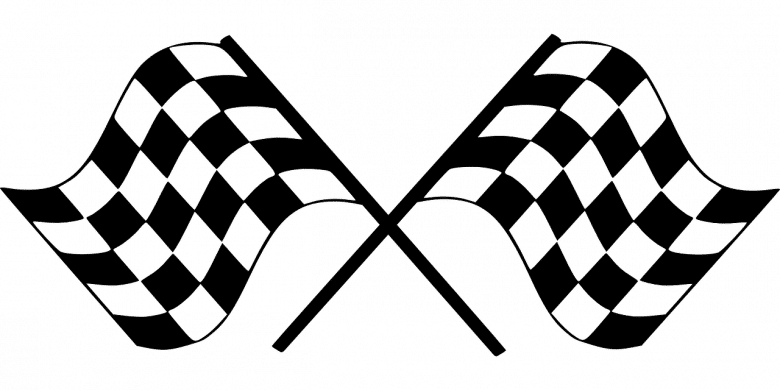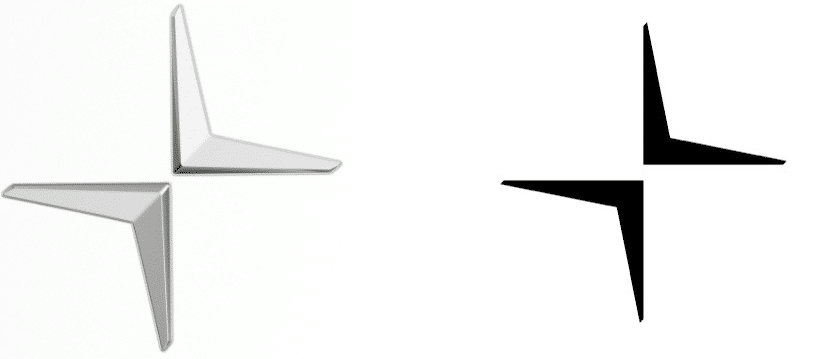
Duplicate your brand identity: licence or franchise?
February 28, 2022
REZOO®
March 11, 2022
The dispute between car manufacturers Polestar and Citroën since 2018 continues.
As a reminder, the company Polestar, a car manufacturer based in Sweden and Volvo’s in-house tuner, filed two European Union trademarks in 2017, to designate vehicles in class 12, consisting of two chevrons facing each other to form a star:

Citroën sued Polestar before the Judicial Court of Paris for infringement of its “double-chevron” trademarks, infringement of its reputed trademarks and, alternatively, unfair competition and parasitism.

On December 14, the Paris Court of Appeal upheld the judgment of the Judicial Court that the disputed Polestar signs infringe on the reputation of the so-called “chevrons mark“:
“Given the exceptional reputation of the Citroën ‘double-chevron’ marks at issue and their strong distinctiveness acquired through intensive use supported by extremely significant advertising investments, and the fact that the conflicting signs are used to designate the same products, i.e. motor vehicles, the use by the Polestar companies of the incriminated signs leads to an infringement of the distinctive character by dilution and blurring of the said marks, which are exploited in the automobile sector, where there are a relatively small number of manufacturers.”
The Court of Appeal also takes note of the new position of the Court of Cassation according to which the mere application for registration of a sign as a trademark does not constitute as such an act of infringement, and extends this solution to the infringement of a reputed trademark.
The distribution of Polestar vehicles are thus frozen in France, and it is impossible to access the manufacturer’s website with a French IP address, where the following warning message appears:

The Citroën vs. Polestar case is not the first of its kind in the automotive world.
Indeed, the French manufacturer Peugeot, which had filed all the three-digit numbers with a “0” in the middle, had forced Porsche to rename its 901 to 911.
Or when Renault decided to modernize its rhombus in the early 70s (before adopting its iconic one signed Vasarely). This rhombus had been considered similar to the Kent company’s one by the court which had prohibided its use on Renault vehicles.
It remains to be seen what alternative Polestar will find to launch its vehicle models on the French market.
The long-running dispute between the two manufacturers is far from over since, at the EU level, the Board of Appeal of the EUIPO has rejected Citroën’s claims. The latter has appealed to the General Court.
− Anaïs GREFFOZ, Intellectual Property Lawyer at Mark & Law
Sources :
- European Union trademark registration Polestar No.016898173 and No. 016896532
- International Registration in the name of Citroën No. 902318
- European Union trademark registration in the name of Citroën No. 010080125
- Judicial Court of Paris, Judgment of June 4, 2020, 19/08639
- Paris Court of Appeal, Decision of December 14, 2021, 20/12598



